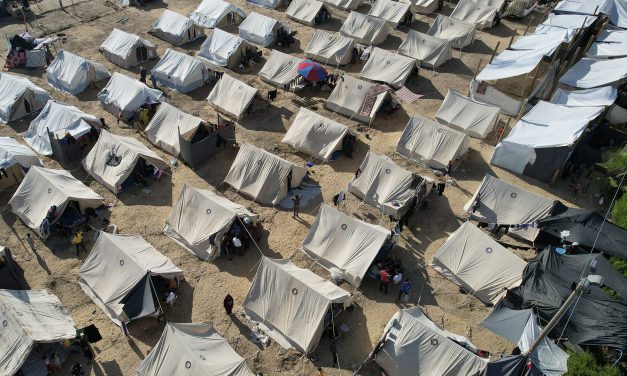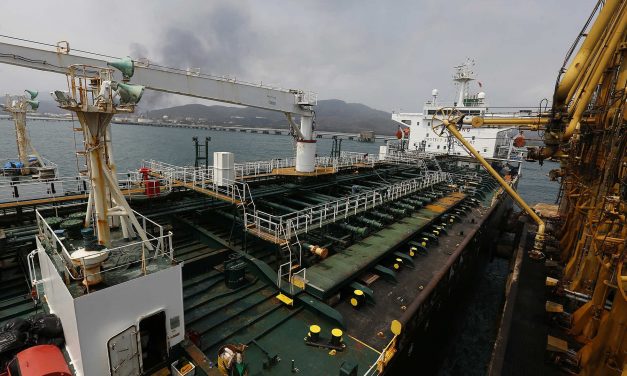Why President Biden is trying to get billions more for Ukraine and Israel by dangling border security money
President Joe Biden is trying to sweeten his pitch to allocate more money for Ukraine by mixing in billions of dollars for securing the Mexico-U.S. border, in the hope that it will bring more Republicans on board. The idea came up in September, after Ukraine assistance was stripped out of a stopgap measure to keep the government running due to growing Republican resistance to financing the war effort. A lot has changed since September 30: The House has lost its speaker and Republicans are in disarray over selecting a new one, and the October 7 Hamas attack on Israel...
Read More















